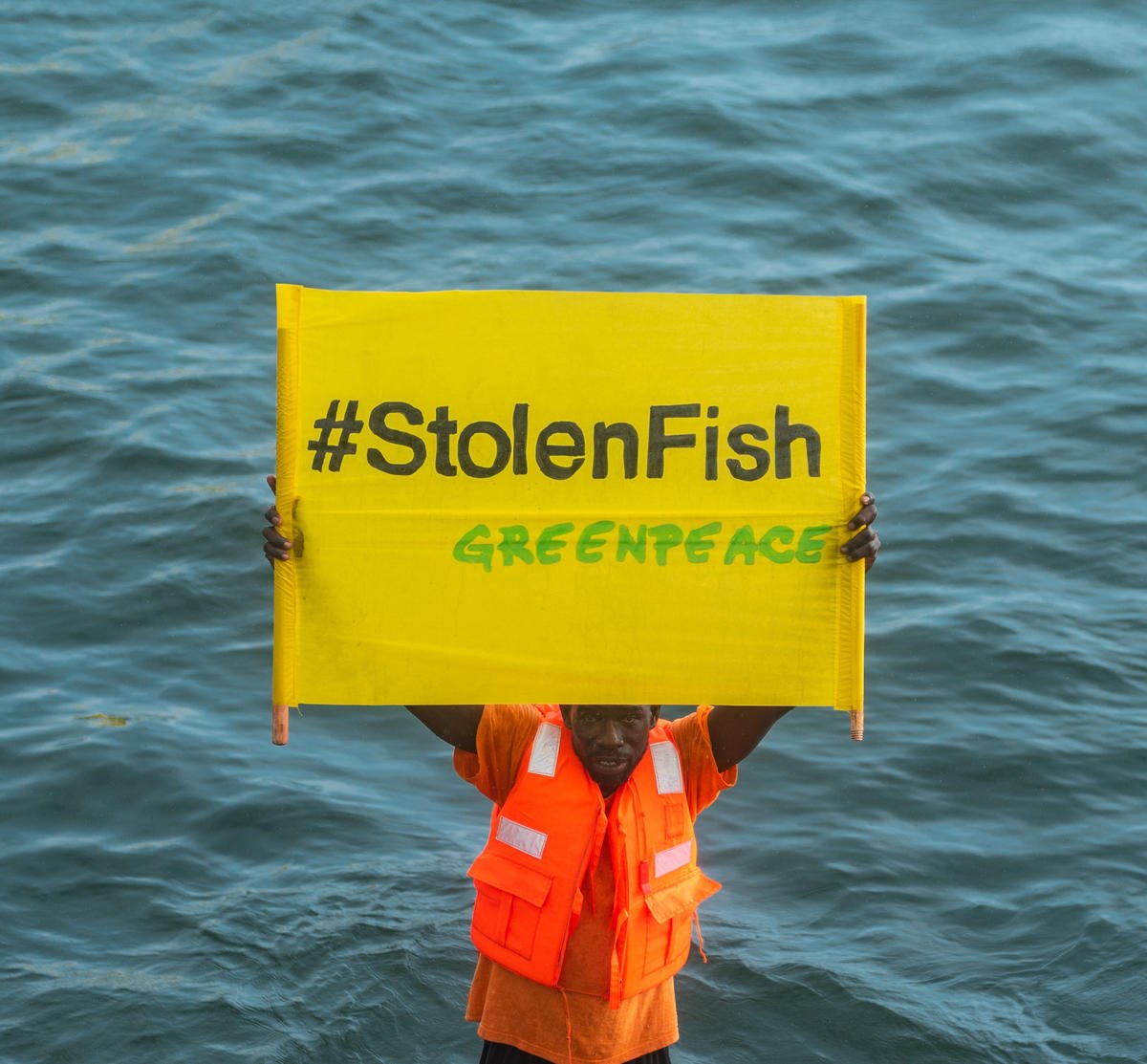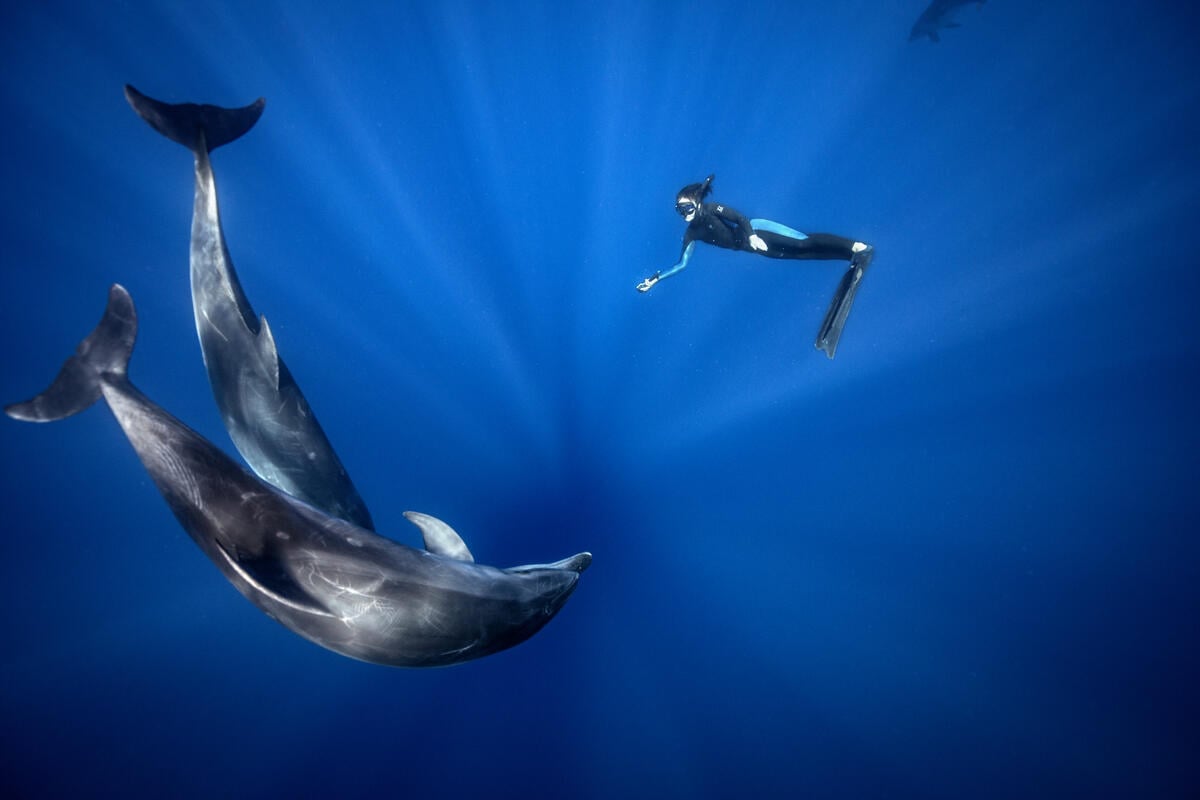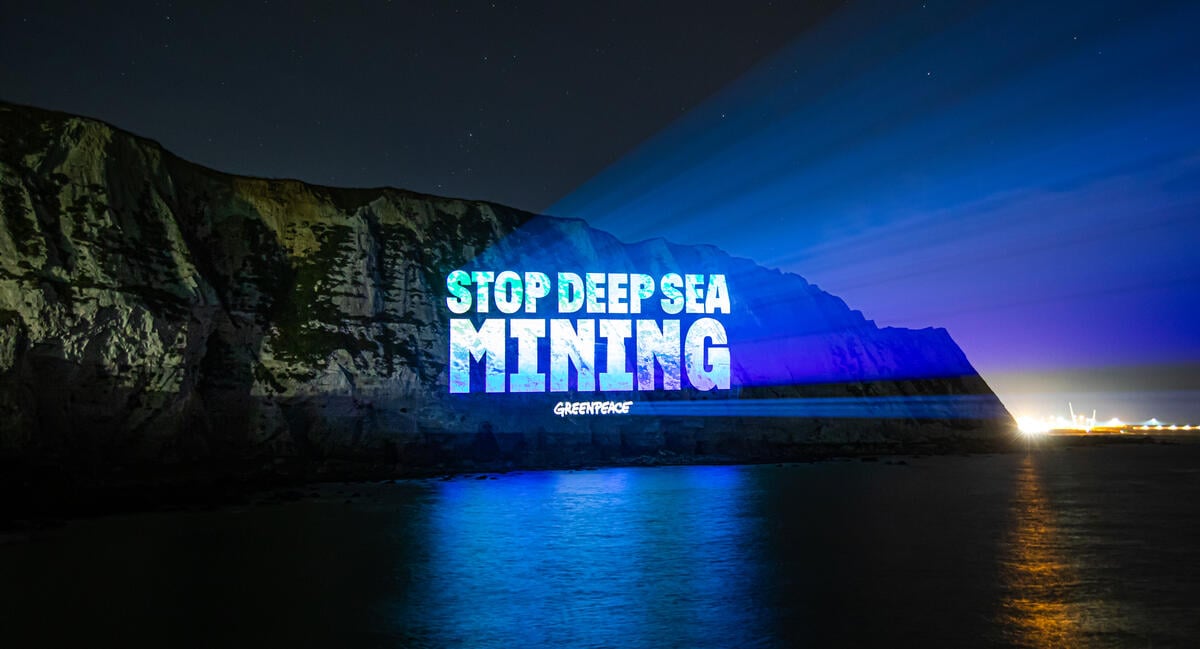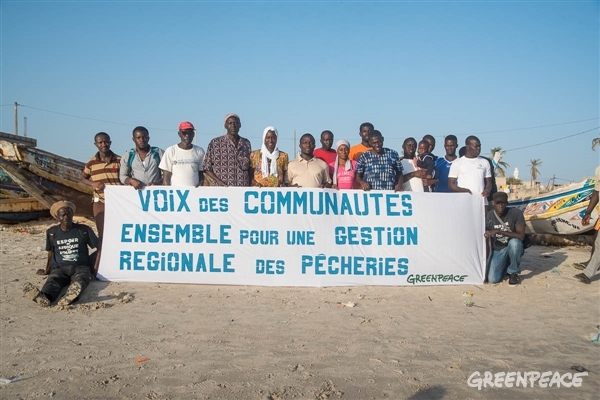
From authorised to illegal, unreported and unregulated fishing (IUU), we find all kinds of activities in West African waters, sometimes before the collusive and powerless eyes of local monitoring authorities.
Yet, in West African waters, foreign and national vessels of all kinds are engaged in multiple forms of fishing: trawlers, refrigerated vessels, purse seiners, artisanal canoes. All with a singular purpose: making profits.
They mainly target certain demersal stocks (cephalopods, shrimp, lobster, hake etc.), small pelagics (horse mackerel, sardinella and tuna (bigeye, skipjack and yellowfin). Although these resources seem largely available and enough to meet the vessel’s greed, their sustainability is at stake. These vessels only look for their own interest.
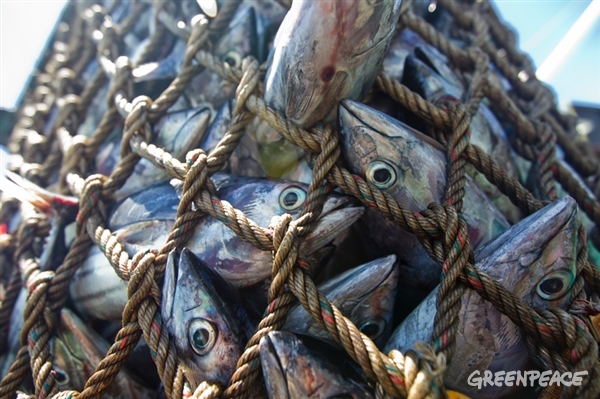
Yet they act just as if the resource is inexhaustible.
According to some estimates, nearly 40% of fish caught in West African waters are caught illegally and about 54% of the stocks are over-exploited. An alarming situation, which justified the presence of the Greenpeace ship, the Esperanza, in March 2017, in the waters of the member states of the Sub-Regional Fisheries Commission (SRFC)
From Cabo Verde to Mauritania, through the Republic of Guinea, Guinea Sierra Leone, Bissau and Senegal, the Esperanza conducted an expedition named “Hope in West Africa” to shine a spotlight on the situation in these waters which are considered among the most fertile in the world.
Without exaggeration, the observation is almost the same in all of these countries: everyone practices, at his will and for his own interest, legal and illegal fishing activities: for some, the respect of the specifications signed with the governments is important, for others, the “no man’s land” policy is a favourite sport. During joint surveillance activities with coastal authorities, various offences ranging from unauthorised transhipment, to the use of prohibited fishing gear, shark fining, and non-possession of fishing logbooks were recorded. Offences that sometimes, despite the sanctions administered by the competent authorities, have become common.
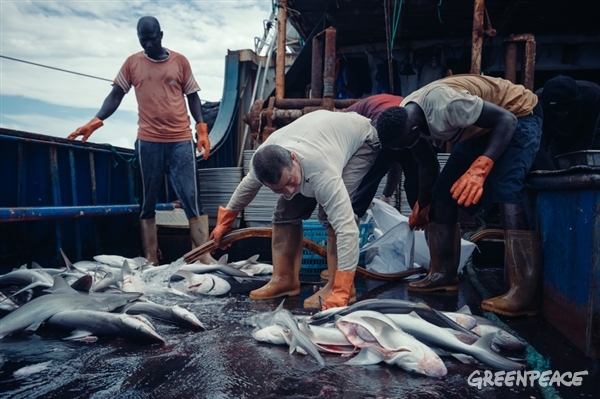
What a cost that curses the funds of these states!
The consequences of these actions are huge to national economies, and the environment. It affects current and future generations that depend on it for their survival and food security.
Joint efforts to combat this scourge, which threatens the livelihoods of millions of people, is the call of Greenpeace and other partners. It is now more than urgent that the governments of this region, which are the guarantors of this common wealth, take their responsibilities and join their effort to manage this common good.
This is a shared heritage, which deserves common attention. It is only by combining efforts, that the countries of the sub-region will be able to preserve this once abundant resource!

